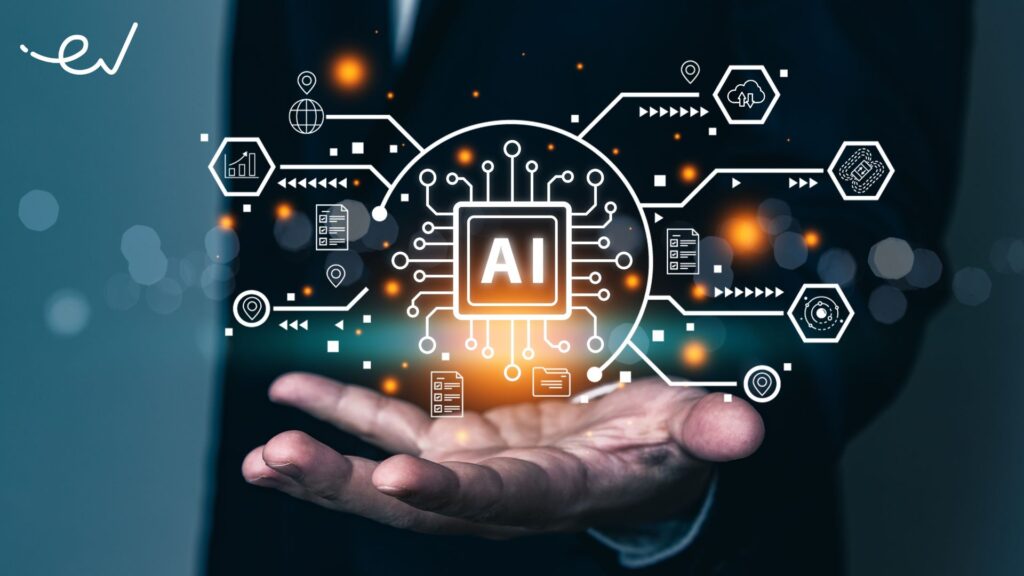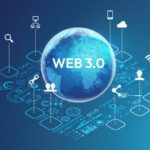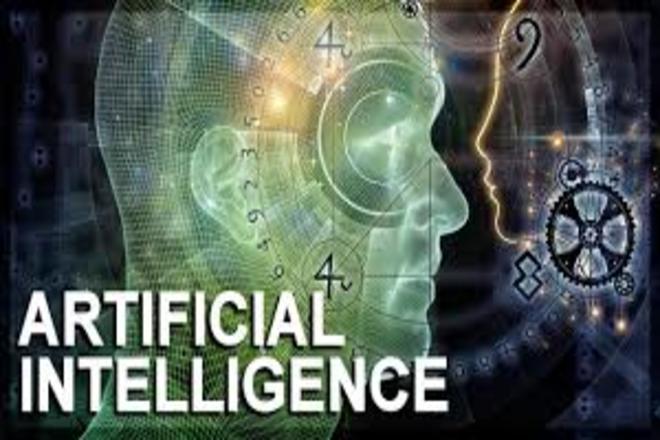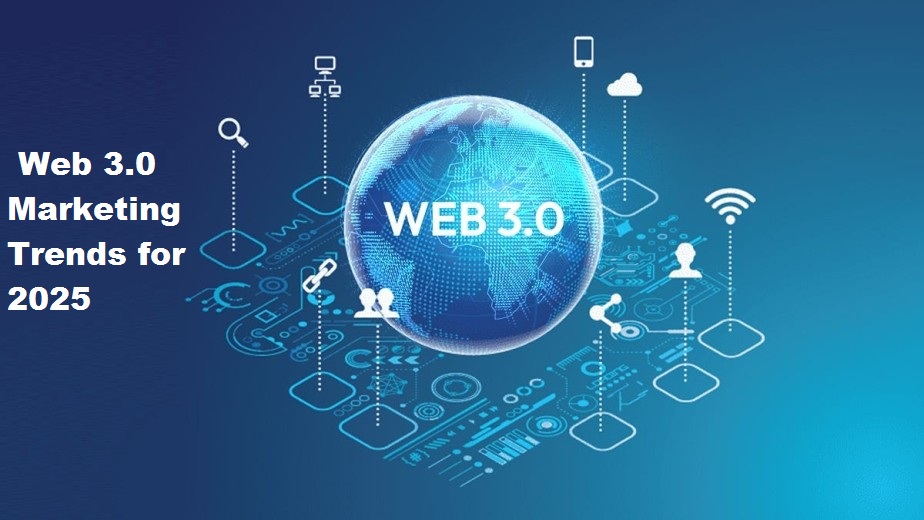Artificial Intelligence
Hey! How do you feel when you listen to the term “Artificial Intelligence (AI)” or “Machine Learning (ML)”? Does it appear as a realm of fantasy to you? Have you ever thought of it or tried to know how Artificial intelligence brings transformation to your day-to-day life? Know more about the Benefits and Drawbacks of Artificial Intelligence.
What’s AI? What do mean by ML? Why there’s so much craze, suspicion, and fuss about AI or ML? Do such things really matter or be impactful when the tech world is steadily moving towards the AI era? No doubt AI is found to be making a vast impact on our lives whether or not you may be conscious of it or not, and its influence is bound to grow in the next few years.

What’s AI and the Benefits and Drawbacks of Artificial Intelligence?
Artificial Intelligence means machine intelligence, the intelligence demonstrated by machines w.r.t natural intelligence showcased by humans or animals. It is the replication of human intelligence processes by machines, especially computer systems. What are those processes? The processes include learning, reasoning, and self-correction.
AI and ML
Are AI and ML the same? Or do they have a difference? Machine Learning is a particular approach to artificial intelligence; a subset of artificial intelligence, related to the field of computer science that often uses statistical techniques to equip computers to “learn” with data, without being explicitly programmed. Major areas of applications of AI include expert systems, speech recognition, and machine vision. Get to know more about the Benefits and Drawbacks of Artificial Intelligence.

Is AI a completely new concept or already been in use? Follow the five examples below of how AI is already in use.
- Video Games: Everyone is aware of computer games; AI has been in use since 1st video games. Video game characters learn your behaviors, reply to stimuli, and react in unpredictable ways.
- Virtual Assistants: It is a software agent that can perform tasks or services for an individual. For example, Google( Android), Siri (iOS), and Cortana ( Windows Mobile) are our intelligent digital personal assistants on popular platforms that you use to help us find helpful information when you ask them to do so (using voice commands).
- Smart Cars: Driverless cars are expected to hit the roads in a few years. For example, Google’s self-driving car project and Tesla’s “autopilot” feature.
- Purchase Prediction: Imagine if the big retailers can anticipate consumer desires accurately, how much it will be beneficial for them. Amazon’s anticipatory shipping project is a great step in this regard, hopes to send you things before you wish them.
- Fraud Detection: You must have received calls, emails, and letters asking you whether you would purchase a particular product on your credit card. Such communications are being sent by banks if they suspect there’s a possibility of fraud being committed on your account, and need to verify. AI technology is used to monitor such fraud.
AI Impact on the Job Market
We have been watching how artificial intelligence is making dramatic improvements to our world; still, there are some areas of concern concerning the exponential growth of AI.
The biggest concern is arising out of the job market, employment, and the workforce. Earlier there were only apprehensions of possible job loss due to Intelligent automation and AI systems now that has been evident on the ground. In some cases, the entire socio-economic system is being transformed due to AI’s impact on sectors such as markets, businesses, education, government, social welfare, and employment models.

There are monotonous tasks that can be easily automated. That would gradually make certain roles obsolete. Major areas include tasks and activities related to customer care or call center operation, document classification, discovery and retrieval, and content moderation which will be more and more controlled by AI technology and automation, gradually diminishing human involvement. The same can be said for roles related to operation and production areas in factories where the workers will be replaced by smart robots.
Which of the sectors will be most impacted?
Transportation: Significant research and investment in the wider automotive industry, focusing on Artificial Intelligence and specifically on optimizing the self-driving technology-targeting mass production of cars. In the next few years, Uber’s robot taxis, Tesla’s Autopilot system, and Google’s autonomous cars will be a reality, negatively impacting the skills and requirements of professional drivers.
E-commerce: The most popular AI applications that top e-commerce leaders are using:
- Chatbots or AI Assistants: Respond to customer inquiries, voice commands for simple tasks and provide product recommendations through interactions in natural language.
- Smart logistics: Applying machine learning algorithms on data to help automate warehouse operations.
- Recommendation engines: Companies are keeping tabs on customer behavior on their websites and use algorithms to predict what products may appeal to customers and recommend accordingly.
Financial Sector: Financial services, insurance, and other sectors that demand a significant amount of data processing and content handling will replace human involvement. In addition to that AI will greatly impact states, governance, and social mechanisms by reducing the role of bureaucracy, improving the service to citizens, along with the design and performance of social programs.











2 thoughts on “Benefits and Drawbacks of Artificial Intelligence”
Comments are closed.